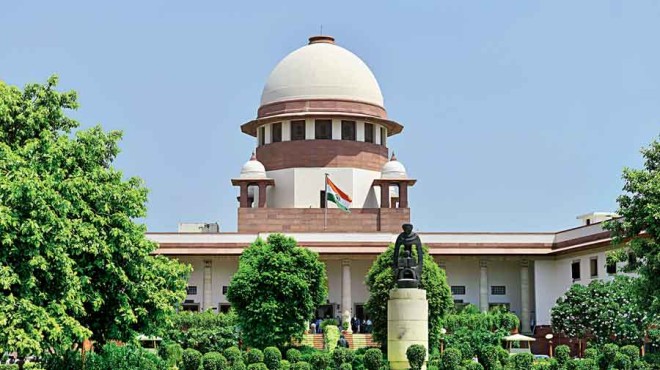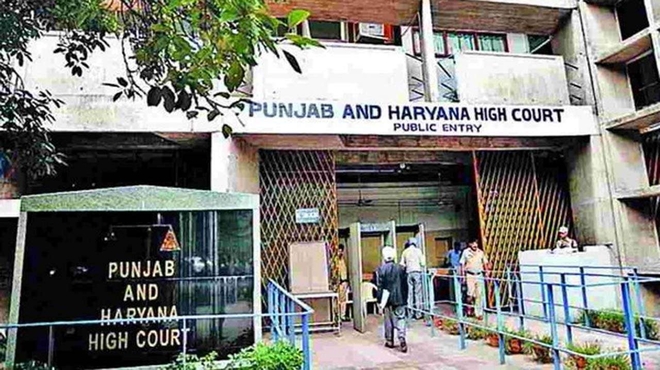Cash disclosed in ITR not to incur 200% fine
November 23, 2016
The devil is always in the fine print, especially when it comes to the Income Tax (I-T) Act and its rules. Following demonetisation, tax experts are examining whether penalty under section 270A of the I-T Act (which is 200% of the I-T payable on misreported or under-reported income) can be levied if an individual deposits unaccounted money, but pays advance tax on the same and also declares it in his I-T return (ITR).
OUR TAKE
The government has maintained its stance that the honest taxpayer and honest citizens are not to get worried by the demonetization decision. The task was to catch hold of the fraudsters and thus eliminate black money. The honest taxpayer should in fact, be happy that the dishonest ones are being caught hold of and getting punished.
Latest Legal News
.jpg)
3 Bills to Renew India's Criminal Justice System presented in Lok Sabha; All you Need to Know

âSorry state of affairs' in PoSH Act implementation; SC orders Govts. to ensure ICCs are constituted


 470+ Lawyers are online
470+ Lawyers are online 


.jpg)


